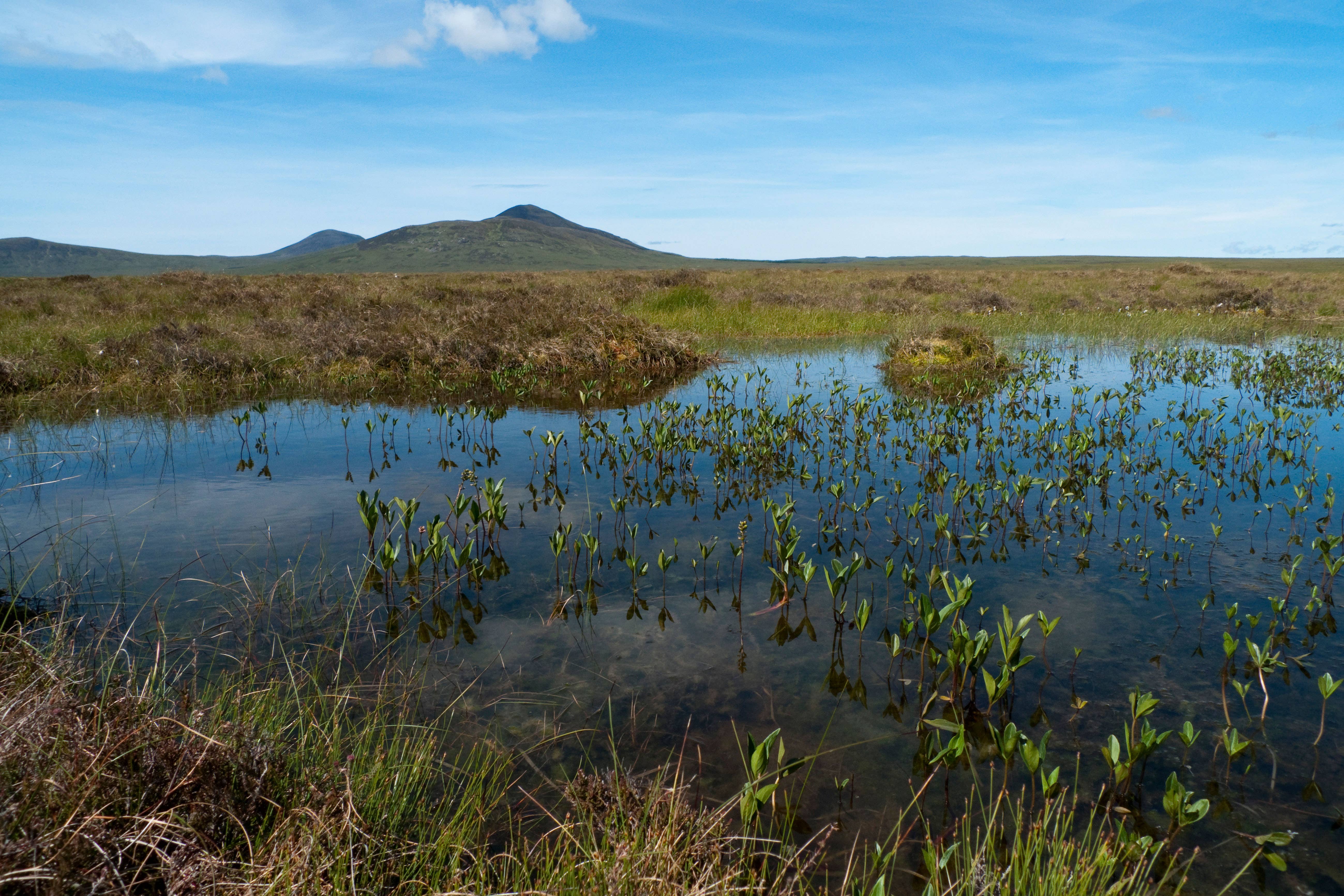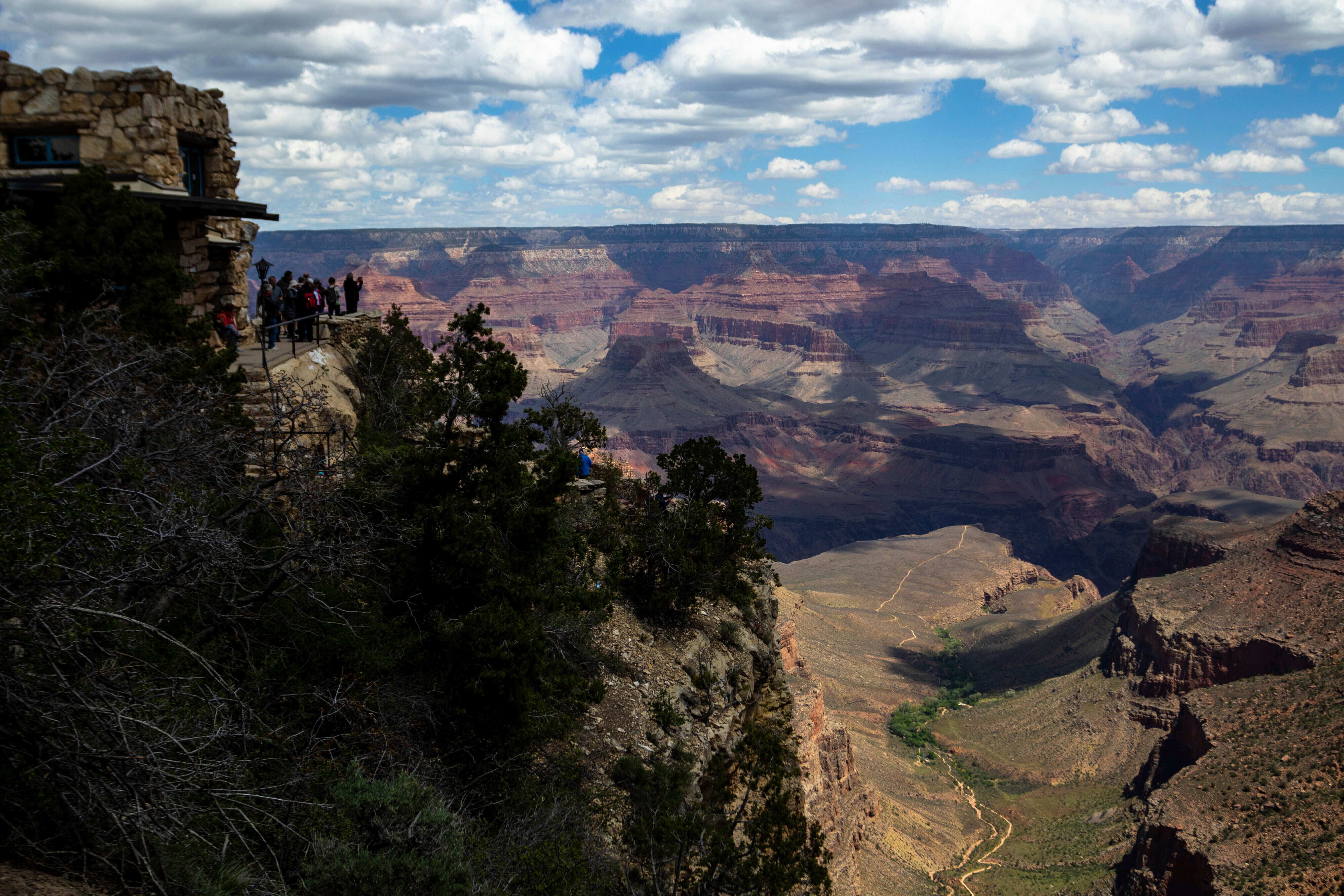The Scottish peatland that has joined the Grand Canyon and Great Barrier Reef on prestigious heritage list
It is the first natural world heritage site in Scotland

Your support helps us to tell the story
From reproductive rights to climate change to Big Tech, The Independent is on the ground when the story is developing. Whether it's investigating the financials of Elon Musk's pro-Trump PAC or producing our latest documentary, 'The A Word', which shines a light on the American women fighting for reproductive rights, we know how important it is to parse out the facts from the messaging.
At such a critical moment in US history, we need reporters on the ground. Your donation allows us to keep sending journalists to speak to both sides of the story.
The Independent is trusted by Americans across the entire political spectrum. And unlike many other quality news outlets, we choose not to lock Americans out of our reporting and analysis with paywalls. We believe quality journalism should be available to everyone, paid for by those who can afford it.
Your support makes all the difference.An area of peatland in Scotland has been granted world heritage status – a decision hailed as a “momentous moment”.
The area known as the Flow Country has become the UK’s newest Unesco world heritage site, and is the first peatland site anywhere in the world to be given such status.
Heritage chiefs recognised the importance of the area, which is widely considered to be the largest area of blanket bog in the world and covers around 1,500 square miles in Caithness and Sutherland.
The honour was announced on Friday at the 46th session of the organisation’s World Heritage Committee, and it makes the Flow Country the UK’s 35 world heritage site.
It is the first natural world heritage site in Scotland, joining a global list that includes the Grand Canyon and the Great Barrier Reef.
The Flow Country is the seventh world heritage site in Scotland, with the others including St Kilda and the Forth Bridge attracting hundreds of thousands of visitors.
The site is home to a diverse range of wildlife, including golden eagles, red-throated divers and short-eared owls.
It is considered to be of outstanding importance because of the home it provides for such species and for the role it plays in storing about 400 million tonnes of carbon in the north of Scotland.

Graham Neville, head of operations in the north of Scotland for nature body NatureScot, led the bid for the Flow Country to be recognised.
He said: “World heritage status for the Flow Country is a momentous moment for Scotland’s people and their beloved landscape.
“This successful bid is testament to the hard work and determination of the Flow Country world heritage project team as well as community members, scientific experts, businesses, landowners and public bodies from across the Flow Country who have been so generous with their time, knowledge and expertise to shape the bid for the benefit of the whole area.
“World heritage site status will lead to greater understanding of the Flow Country and raise the profile of Scotland’s peatlands globally for their value as biodiverse habitats and important carbon sinks.
“It is a wonderful recognition of the expert stewardship of farmers and crofters in maintaining this incredible ecosystem as a natural legacy for future generations.”
Professor Mike Robinson, non-executive director for culture at the United Kingdom National Commission for Unesco, said he was “delighted” with the decision.
He added: “World heritage status recognises the global importance of the Flow Country and its peat bogs, not only as an important ecosystem for wildlife but also, through their carbon storage, as a critical defence against the impact of climate change.
“In this sense, world heritage and the protection afforded to it will contribute directly to sustainable development.”
Scottish and UK government ministers also welcomed the decision, with UK culture minister Sir Chris Bryant hailing the Flow Country as “one of our most precious resources”.
He added the area is a “vital habitat for many species and a key site for carbon capture that continues to inform our understanding of how blanket bog can be used to help mitigate climate change”.
Sir Chris added: “It is right to recognise this truly inspiring landscape and I look forward to working closely with counterparts in Scotland to showcase this important addition to our UK world heritage sites.”
Scottish Secretary Ian Murray said: “Scotland has a rich history of Unesco world heritage sites with six spread across our country, from Heart of Neolithic Orkney to New Lanark, the Old and New Towns of Edinburgh to St Kilda, and I am delighted the Flow Country has become Scotland’s seventh.
“Thanks to a strong endorsement from the UK Government, the Flow Country, which has international importance as a habitat and for the diverse range of rare and unusual breeding birds it supports, is now the first peatland site on the world heritage list.”
Acting Scottish Government Net Zero Secretary Gillian Martin said: “This is a truly momentous day for Caithness and Sutherland, and indeed Scotland as a whole.
“The Flow Country is an area of truly outstanding natural beauty and its diverse ecosystems and peatlands are a vital part of our efforts to combat climate change and nature loss.
“This new global prominence will help preserve the area for many generations to come.”